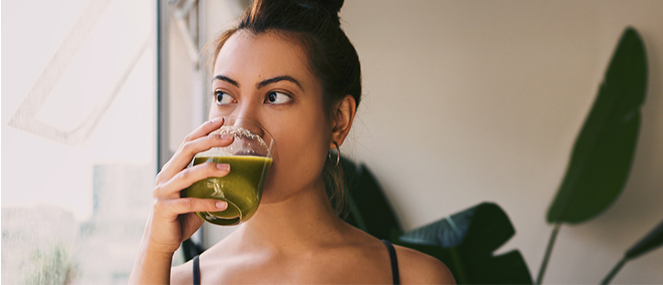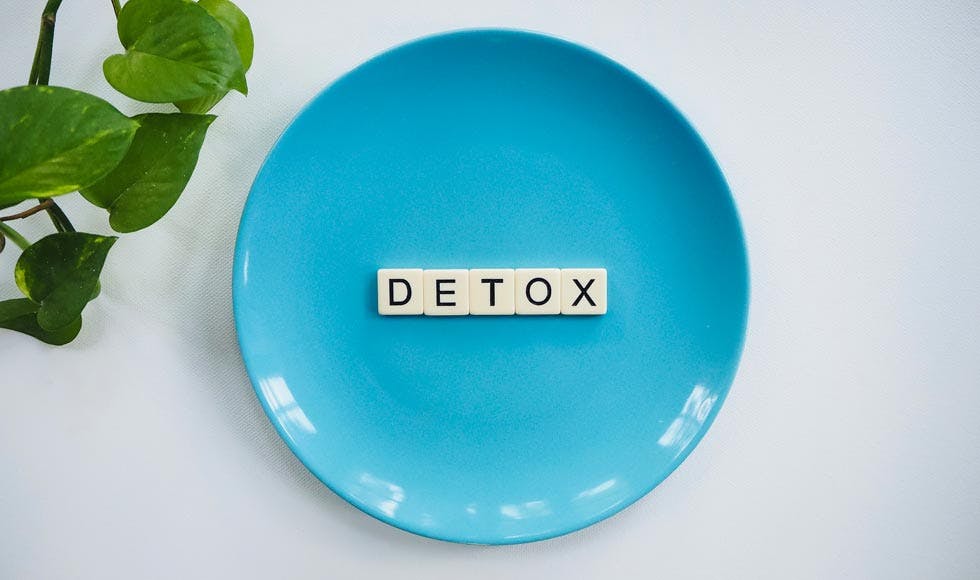
- Health hub/
- Weight management/
- Choosing foods that help you lose


It’s all about choice. Every day and at every meal, we make choices that determine our future weight and future health. We make choices at the supermarket, at the local cafe, when dining at restaurants and even when standing in front of the fridge or pantry.
Reflecting on how these choices will impact on your body shape and quality of life can be a great motivation. What’s more, a new study has now made it just that little bit easier to identify the best and worst choices.
The research
Recent research published in the New England Journal of Medicine helped develop a list of foods and lifestyle behaviours that were most and least likely to trigger weight gain. The study was conducted on more than 120,000 adult men and women over a number of years[1a]. The foods and behaviours were ranked based on the amount of weight gain or loss triggered per serving per day every four years, and the results are summarised below.
Foods and behaviours linked to weight gain
- Potato chips + 0.77 kg
- Potatoes (including French fries) + 0.58 kg
- Sugar-sweetened beverages + 0.45 kg
- Unprocessed red meats + 0.43 kg
- Processed meats + 0.42 kg
- Alcohol intake (per added drink) + 0.17 kg
- Smoking, new quitters + 2.35 kg
- Too little or too much sleep (less than 6 or more than 8 hours of sleep) + 0.14 kg
- Television watching (per hour per day) + 0.14 kg
Foods and behaviours linked to weight loss
- Yogurt – 0.37 kg
- Nuts – 0.26 kg
- Fruits – 0.22 kg
- Whole grains – 0.17 kg
- Vegetables – 0.1 kg
- Physical activity – 0.8 kg
Implications for your lifestyle
This study is on a large number of people over many years, and the findings were similar for men and women for all factors, so it makes for interesting and convincing reading. Some of the most important discoveries, and what they mean for your diet and lifestyle, are highlighted below.
- Don’t focus on just one food – The study found that while any single food may have a modest effect on weight, it’s the combined effect of several foods and lifestyle behaviours that accounted for the biggest increase in body weight over time. Variables such as physical activity, sleep, alcohol intake and television viewing hours are also big factors in weight change.
- Cut back on processed foods – Consumption of processed foods that are higher in starches, refined grains, fats, and sugars can increase weight gain. Alternatively, less processed, higher-fibre foods such as vegetables, nuts, fruits and whole grains (some of which also contain healthy fats and protein) may be more filling. This could reduce subsequent hunger signals and total kilojoule intake compared with an equivalent amount of kilojoules obtained from more processed foods.
- Eat more yoghurt – Yoghurt was the food association with the least weight gain. According to the authors, there is some evidence to suggest that changes in colonic bacteria might influence body weight. It’s likely that low fat natural yoghurt would be the best choice for weight control.
- Cut back on soft drink and juice – Sugar-sweetened beverages such as soft drink were strongly associated with weight gain. Consumption of 100% fruit juice was also associated with weight gain, but on a smaller scale. This is possibly due to the fact that people consume juice in smaller portions. It was interesting to note that whole fruit was inversely associated with weight gain, suggesting juice and whole fruit impact your body shape differently.
- Be careful how you prepare your potatoes – Potato products had the strongest association with weight gain, especially potato chips and French fries. For example, a large baked potato contains 1168 kilojoules, while a large serving of French fries contains around 2310 kilojoules.
References available upon request




